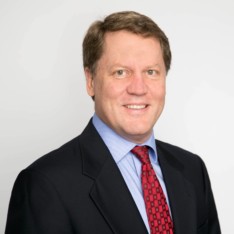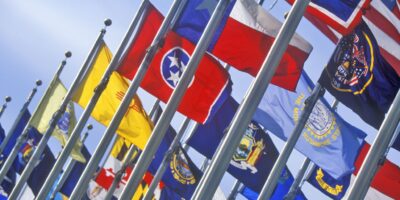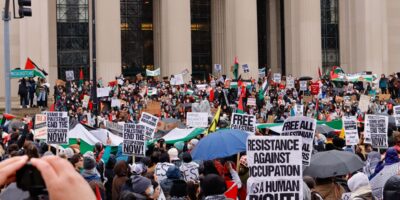Controls Breeding More Controls

We are experiencing an extraordinary example of the political-economic principle that “controls breed controls.” For example, whenever a government imposes large-scale price controls that results in widespread shortages across an economy, it faces an inevitable subsequent choice: repeal the controls, or impose comprehensive rationing across the economy. The latter was the course taken during both world wars and during our gasoline shortages of the 1970s when the gasoline price controls led to rationing.
The extraordinary government clampdown on economic life that we are enduring — in order to preserve hospital beds and the capacity of doctors and nurses — is the result, not just of the coronavirus, but of the severe restrictions on economic activity that have made our economy brittle and poorly-suited to adapt and respond to this natural emergency.
It is not a surprise that arguably the least resilient part of our economy — our medical system — is also the one most seriously hampered by a stultifying array of controls, such as: “certificate of need” rules that forbid construction of new hospitals and purchases of new equipment; widespread and comprehensive de facto price controls administered by the government via authorized prices paid by Medicare, Medicaid, the Veterans Administration and other agencies; a “bleed over” of those price controls to the private medical insurance system, which has been regulated to death and bears no actual resemblance to insurance any more; and the licensing of doctors who (until limited exemptions were granted recently) were even prevented from working and saving lives across state boundaries in states where they were not licensed. This is just a partial list of the controls faced by our medical industry.
The full list is much longer.
And, of course, we have the anti-price gouging laws, which I have written about (“Anti-Gouging Laws Can Kill”), which have created artificial and avoidable shortages of the whole array of “PPE” (personal protective equipment) such as N-95 and other masks, gowns, sanitizer, gloves… you name it.
And then we have the CDC and FDA, whose only job it seems during this crisis is to delay and obstruct the production of tests and PPE, where each delay of even a day results in deaths. Yes, it is a just epithet to call the FDA the Federal Death Agency.
This is the context in which we face the coronavirus and it sets the stage for the subsequent choices we must make. Our government is not making the right choice of repealing these death-causing restrictions. It is only doing it in small, halting ad hoc steps and on a completely inadequate basis. The only proper choice for the government is to repeal all of these controls, or as many of them as possible, as quickly as possible.
If the government did that, the explosion in entrepreneurial activity — in production of tests, vaccines, cures, hospital beds, innovative new treatments, and an abundance of PPE and other life-saving equipment — would be monumental and it would save thousands of lives.
We are getting some of it, as doctors, entrepreneurs, manufacturers, and everyday people, with shackles on and maybe in some cases partially removed by government, struggle and produce. But we could be doing so much more.
So, if we treat these governmental controls as a given, then what do we do?
I say that we cannot treat these controls as a given. The cure will be worse than the disease. We will wake up in the future, alive but shackled as government will have permanently arrogated to itself frightening new powers. That happens after every crisis. Some examples: The income tax was to be a temporary tax just to pay for World War I with a top marginal rate of 6%. Now look how it has become the permanent monster confiscator of our wealth.
The Federal Reserve Bank was created to deal with an “inflexible currency” and to avoid banking panics and downturns like the Panic of 1907. Instead, it became an octopus-like behemoth that caused, in no small measure, the Great Depression, and was the direct cause of our near-hyperinflation of the 1970s and, today, enables our government to spend as much money as it chooses and incur massive deficits without having to raise taxes.
The alphabet-soup of regulatory agencies, created in the 1960s and 1970s, continue to grow their tentacles into the economy.
What will government do when this pandemic is over and it has flexed its massive new control powers over us?
Just how many people will we have saved with the unprecedented economic shutdown and other actions? And among us who survive the coronavirus pandemic, will we be standing tall or living on our knees?
I find it difficult to endorse the status quo by granting government authority to take these extraordinary measures that threaten my freedom and my future health and well-being. I would rather fight for my freedom even if I face a greater risk of death as a result.












